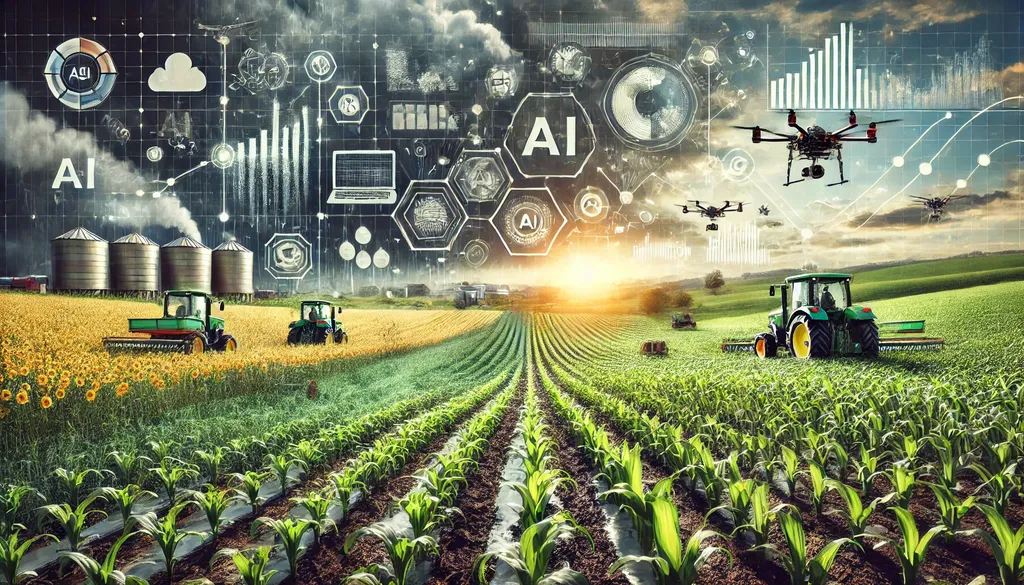Reading Time: 2 minutes
Farmers may soon have powerful new tools to simplify regulatory compliance, but only if they trust the technology behind them. At the recent Agritech Unleashed event in Waikato, industry leaders discussed how artificial intelligence (AI) and other digital innovations could help address long-standing challenges—if adoption barriers can be overcome.
Vanessa Winning, Ministry for Primary Industries’ on-farm support director, emphasized that trust is the linchpin. “We’ll solve most of the issues we face in farming over the next decade—but only if we get adoption right,” she said. The challenge lies in tailoring technology to diverse farming operations while ensuring it’s backed by credible science.
For farmers like Waikato Regional Council chair Pamela Storey, trust in AI remains shaky. She recounted asking a generative AI tool a region-specific question—only to receive an incorrect answer. “This is the technology we’re told will shape agriculture’s future,” she noted. “We need to ensure it’s reliable before we rely on it.” Trusted advisers, she added, still play a vital role in bridging the gap between innovation and practical use.
A generational divide complicates adoption. Winning pointed to older farmers who struggle with even basic digital tools, risking exclusion as technology advances. “We can’t leave anyone behind,” she said. Meanwhile, younger, tech-savvy farmers may embrace AI faster—but only if it proves its worth.
Data sharing is another sticking point. Farmers have long resisted submitting the same information to multiple agencies, yet many remain wary of centralized databases. Storey doubts New Zealand is closer to a shared system, despite its potential to cut red tape. “We’re still not comfortable with who controls that data,” she admitted.
The upcoming rollout of Freshwater Farm Plans could be a turning point. Winning believes AI can streamline compliance by integrating existing data, reducing farmer workloads. “Most of the information is already there—farmers just need to add what’s unique to their operation,” she explained. Done right, this could ease frustration and showcase AI’s practical benefits.
The message is clear: technology alone won’t transform farming. Building trust, improving digital literacy, and addressing data concerns must happen first. As Storey put it, “Overcoming distrust will move us all forward.” The question is who will lead that effort—and whether farmers will be ready when solutions arrive.

